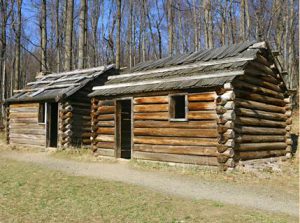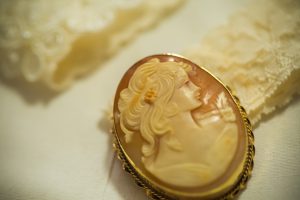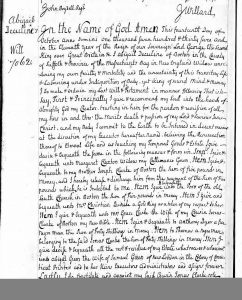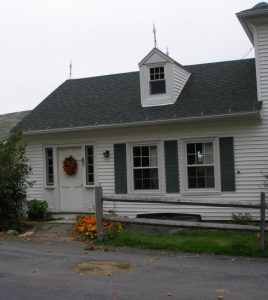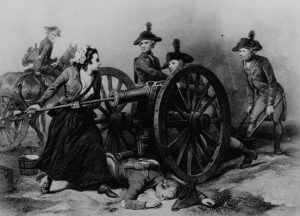
I recently stumbled upon a reference to Molly Pitcher, a woman from Pennsylvania who fought with her husband during the Revolutionary War for a New Jersey militia unit, and whom New Jersey has adopted as their own heroine of the war, lifting her to almost cult status. Who was this legendary woman? Was she a real woman who fought in the war?
In Emily J. Teipe’s 1999 article “Will the Real Molly Pitcher Please Stand Up?” in Prologue Magazine, she cites Robert Leckie’s text,[1] which states that Molly Pitcher was actually Mary Ludwig Hayes, a daughter of German immigrants, who fought alongside her husband, John Hayes, in Captain Francis Proctor’s company in the Pennsylvania Artillery.[2] Continue reading The real Molly Pitcher



